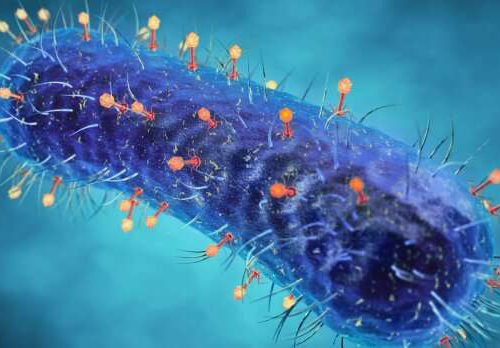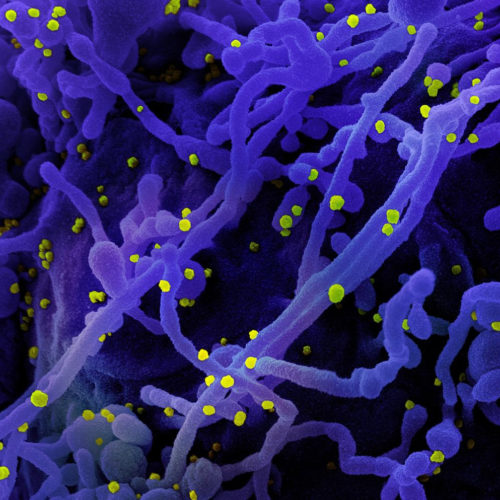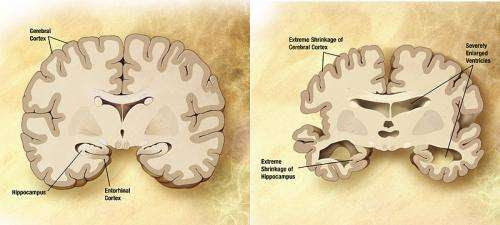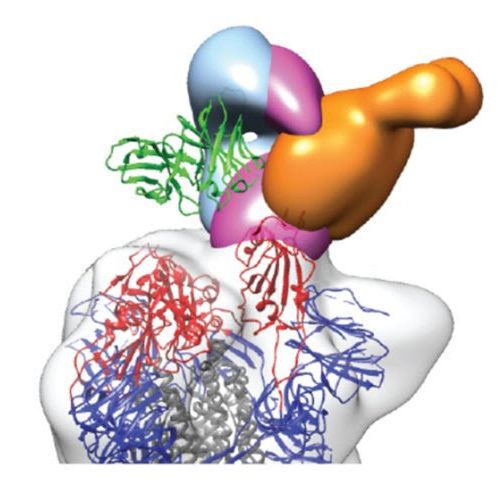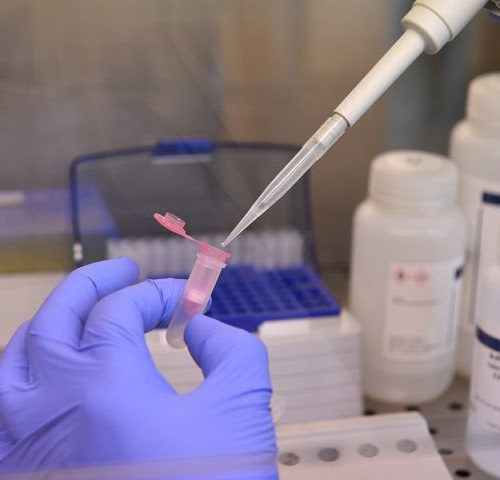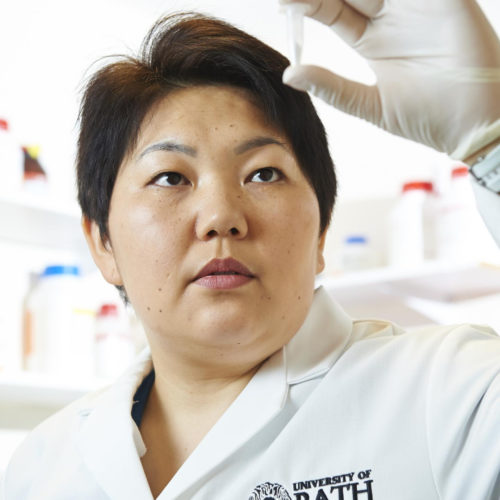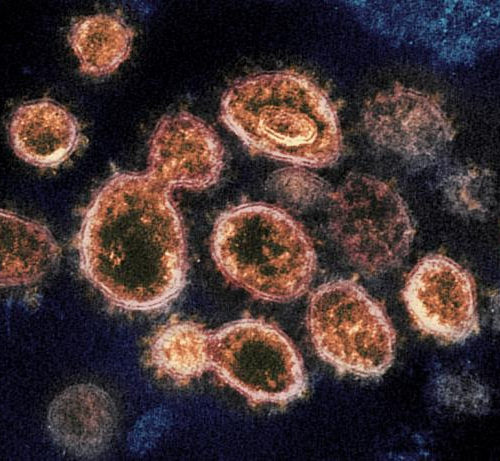Experiments in mice have shown early success in vaccinating them against potentially deadly bacterial infections, such as methicillin-resistant Staphylococcal aureus, or MRSA, the strain resistant to most drug treatments. The new vaccination strategy, developed by researchers at NYU Grossman School of Medicine, targets toxic molecules released by all Staphylococcal bacteria, called leukocidins, rather than directly...
Tag: <span>antibodies</span>
New adjuvant successful in extending immunity against HIV
ATLANTA – Researchers at the Yerkes National Primate Research Center and the Emory Vaccine Center (EVC) are first to show a new adjuvant, 3M-052, helps induce long-lasting immunity against HIV. The study results are published today in Science Immunology. In this pre-clinical study that included 90 rhesus monkeys, the researchers showed 3M-052, a new, synthetic...
Bacterial predator could help reduce COVID-19 deaths
by University of Birmingham A type of virus that preys on bacteria could be harnessed to combat bacterial infections in patients whose immune systems have been weakened by the SARS-CoV-2 virus that causes the COVID-19 disease, according to an expert at the University of Birmingham and the Cancer Registry of Norway. Called bacteriophages, these viruses...
NIH investigators hope CD47 study leads to broad-spectrum infectious diseases immunotherapy
National Institutes of Health investigators and colleagues have discovered that when the immune system first responds to infectious agents such as viruses or bacteria, a natural brake on the response prevents overactivation. Their new study in mBio describes this brake and the way pathogens such as SARS-CoV-2, the virus that causes COVID-19, turn it on....
Different ‘subtypes’ of Alzheimer’s may be linked to different modifications of the tau protein
by Massachusetts General Hospital A new study reveals a possible biological reason that Alzheimer’s Disease (AD) progresses at different rates in different patients. The study, which was led by Massachusetts General Hospital researchers, focused on tau, a protein found in the neurofibrillary tangles in the brain that are a well-known sign of AD. Tau can...
SARS-CoV-2: New insights on antibody testing and RNA testing
Washington, DC – June 20, 2020 – Two types of tests are used to track SARS-CoV-2. Reverse transcriptase PCR (rt-PCR) tests for current infection. Antibody tests reveal that an infection has taken place, even long after the fact. Each of 2 papers published in the Journal of Clinical Microbiology (JCM) addresses one of these testing...
COVID-19 immunology study reveals universally effective antibodies
A study of 149 people who have recovered from COVID-19 show that although the amount of antibodies they generated varies widely, most individuals had generated at least some that were intrinsically capable of neutralizing the SARS-CoV-2 virus. The findings are published in the journal Nature. Antibodies vary widely in their efficacy. While many may latch...
COVID-19: the number of antibodies neutralizing the virus decreases after six weeks
Neutralizing antibodies are thought to be key to the development of an efficient vaccine against SARS-CoV-2. Researchers at the University of Montreal Hospital Research Centre (CRCHUM) indicate that ensuring their presence over long periods of time might be required. “Our study shows that more than six infected people in ten generated neutralizing antibodies in only...
Ground-breaking research makes childhood vaccines safe in all temperatures
Vaccines are notoriously difficult to transport to remote or dangerous places, as they spoil when not refrigerated. Formulations are safe between 2°C and 8°C, but at other temperatures the proteins start to unravel, making the vaccines ineffective. As a result, millions of children around the world miss out on life-saving inoculations. However, scientists have now...
X-ray experiments zero in on COVID-19 antibodies
As scientists across the globe race to develop a vaccine against SARS-CoV-2, the coronavirus that causes COVID-19, an international team led by Davide Corti at Vir Biotechnology and David Veesler at the University of Washington has been working around the clock on a complementary approach – identifying neutralizing antibodies that could be used as a...

